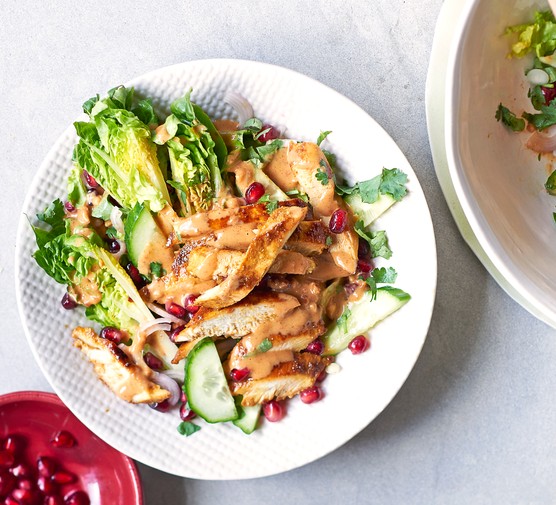How to Eat for Your Goals: Weight Loss, Weight Gain, and Understanding Fat vs. Muscle
Whether your goal is to shed pounds, build mass, or simply understand the differences between fat and muscle, nutrition plays a crucial role. The food you eat not only fuels your body but also determines how effectively you achieve your goals. Let’s dive into what you should eat for weight loss, weight gain, and how to distinguish between fat and muscle.
What Should I Eat to Lose Weight?
If weight loss is your goal, the key is to create a calorie deficit by consuming fewer calories than your body burns. However, it’s not just about eating less; it’s about eating smart. Here’s what you should focus on:
- Lean Proteins: Protein is essential for weight loss as it helps build and maintain muscle mass, which boosts metabolism. Include sources like chicken, turkey, fish, eggs, and plant-based proteins like beans and lentils.
- Vegetables and Fruits: These are low in calories but high in nutrients, fiber, and water, making you feel full longer. Dark leafy greens, berries, and cruciferous vegetables like broccoli are excellent choices.
- Whole Grains: Opt for whole grains over refined carbohydrates. Foods like quinoa, brown rice, oats, and whole wheat bread provide sustained energy and prevent overeating.
- Healthy Fats: Don’t shy away from fats entirely. Avocados, nuts, seeds, and olive oil provide healthy fats that keep you satiated and support overall health.
- Limit Sugary and Processed Foods: These foods are high in empty calories and can cause blood sugar spikes, leading to cravings and weight gain. Stick to whole, unprocessed foods as much as possible.
What Should I Eat to Gain Weight?
If you’re looking to gain weight, whether it’s to build muscle or recover from being underweight, the focus should be on a calorie surplus—eating more calories than your body burns. Here’s how to do it healthily:
- Calorie-Dense Foods: Foods that are high in calories but also nutritious will help you gain weight without filling up too quickly. Include nuts, seeds, avocados, and whole dairy products in your diet.
- Protein-Rich Foods: Protein is crucial for building muscle mass. Lean meats, fish, eggs, dairy, and plant-based proteins like tofu and legumes should be staples in your meals.
- Complex Carbohydrates: Carbs provide the energy needed for intense workouts and muscle building. Opt for whole grains, sweet potatoes, and starchy vegetables to support your weight gain goals.
- Healthy Fats: Incorporate healthy fats like those found in olive oil, coconut oil, and fatty fish to increase your calorie intake without resorting to unhealthy options.
- Frequent Meals: Eating more often can help you consume more calories. Aim for five to six smaller meals a day, including snacks like smoothies, nut butters, and energy bars.
What Weighs More: Fat or Muscle?
When comparing fat and muscle, it’s important to clarify that muscle does not actually “weigh more” than fat—one pound of muscle weighs the same as one pound of fat. However, muscle is denser and more compact than fat, meaning it takes up less space in your body. This is why someone with a higher muscle mass may appear leaner and more toned, even if they weigh the same as someone with a higher body fat percentage.
- Muscle: Dense and takes up less space. It’s metabolically active, meaning it burns more calories at rest, contributing to weight management.
- Fat: Less dense and takes up more space. It serves as energy storage but doesn’t contribute as much to calorie burning.
Understanding this difference is crucial, especially when tracking your progress. Focus on body composition (the ratio of fat to muscle) rather than just the number on the scale.
Conclusion
Your dietary choices play a significant role in achieving your fitness goals, whether that’s losing weight, gaining weight, or building muscle. By focusing on nutrient-dense foods tailored to your objectives, you can create a sustainable and effective eating plan. Remember, balance and consistency are key to reaching your desired outcome.







Leave a Reply